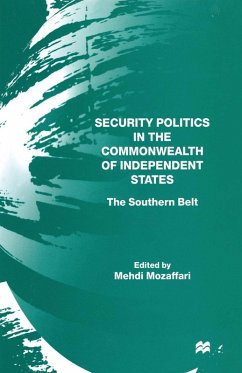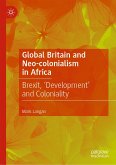Comprised of eight chapters, this book begins with an analysis of the influence of Britain and of nationalism in Asia on the development of African resistance to colonial rule. It then examines the growth of African influence in the Conmmonwealth and some of the issues involved in the Rhodesian problem, along with Kenya's background of powerful white settlers. Subsequent chapters explore the development of the European Economic Community and its implications for Commonwealth Africa; Anglo-African self-conceptions, paying particular attention to the pre-eminent characteristic which the Africans and the British attribute to themselves; and the impact of the English language and English literature on African nationalism. The final chapter offers a reading of Julius Nyerere's translation of Shakespeare's Julius Caesar into Swahili and its significance both for Swahili literature and for African politics at large.
This monograph will appeal to historians and political scientists.
Dieser Download kann aus rechtlichen Gründen nur mit Rechnungsadresse in A, B, BG, CY, CZ, D, DK, EW, E, FIN, F, GR, HR, H, IRL, I, LT, L, LR, M, NL, PL, P, R, S, SLO, SK ausgeliefert werden.









